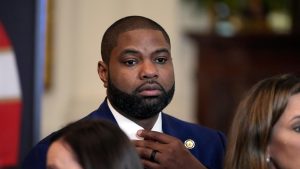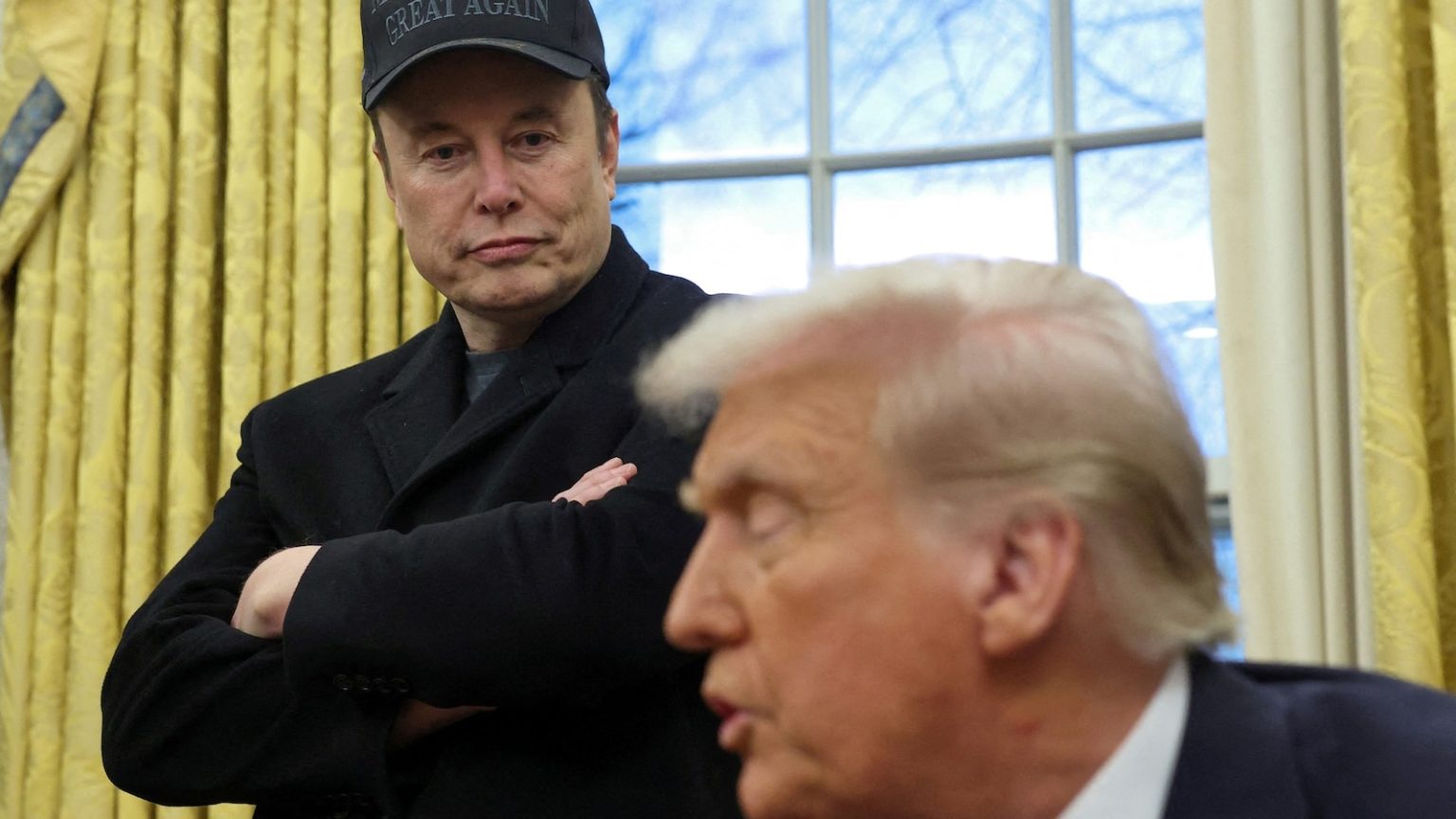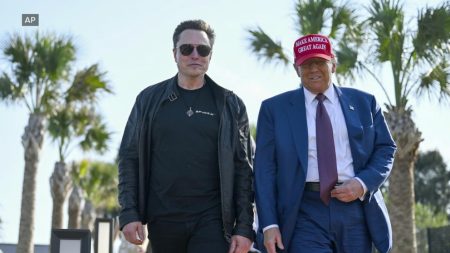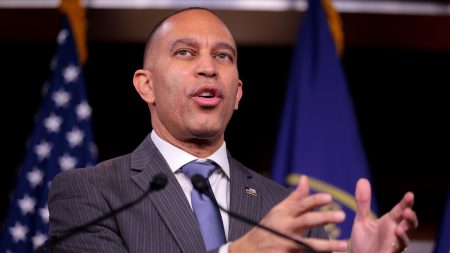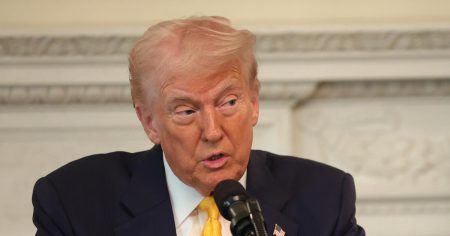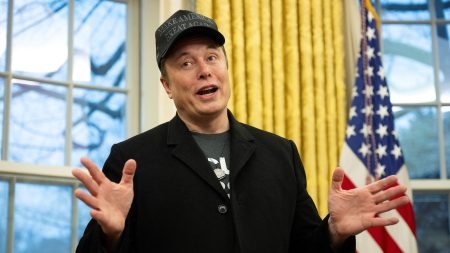The Situation Unfolds: Musk’s Request and the Initial Confusion
In a recent and somewhat chaotic turn of events, Elon Musk sparked confusion among federal employees with a request that seemed to blur the lines between his influence and official government policies. The situation began when Musk, in his role leading the Department of Government Efficiency (DOGE), asked federal workers to detail their weekly accomplishments via an email from the Office of Personnel Management (OPM). The email, sent to federal employees, requested a list of five accomplishments from the previous week, with a deadline for response. While the email itself did not explicitly threaten termination, Musk took to social media to warn that those who failed to comply might face consequences, including termination. This created significant confusion, as many employees were unaware of the threat, having only seen the official email without Musk’s ultimatum.
Mixed Signals from Federal Agencies
Further complicating the matter were the varied responses from different federal agencies. Some agencies instructed employees to disregard the email, advising them to wait for further guidance. For instance, the Justice Department told its employees they didn’t need to respond, while the Defense Department asked them to pause any response until more clarity was provided. Conversely, other agencies, such as the Treasury Department, directed their employees to comply with the request. This disparity in instructions left many employees uncertain about how to proceed, highlighting the lack of a unified approach from the government.
Musk’s Authority in Question
At the heart of this confusion lies the question of Elon Musk’s actual authority within the government. While the White House has emphasized that Musk serves in an advisory capacity as a special government employee, his actions and statements suggest a more influential role. Despite legal filings indicating he lacks formal authority to make government decisions, Musk’s threats of termination were taken seriously by many employees. This discrepancy raises questions about the extent of his power and how his role is perceived both within and outside the government.
Trump’s Stance and Its Impact
President Trump’s endorsement of Musk’s initiative added another layer to the situation. Trump publicly supported the request, framing it as a measure to ensure accountability and efficiency among federal employees. His backing of Musk’s approach, despite the lack of official authority, underscored the administration’s focus on streamlining government operations. However, this support also contributed to the fear and uncertainty among employees, who were left questioning the real implications of Musk’s threats.
Employee Reactions and Confusion
The confusion and fear among federal employees were palpable. Many were unaware of Musk’s threats until they were brought to light by the media, as the original email did not mention any consequences. This led to a range of reactions, from anxiety about job security to uncertainty about how to respond. Some employees expressed their concerns to managers, who, in turn, provided varying degrees of reassurance. The situation highlighted the challenges of communicating policy changes in a large and complex organization, where messages can easily be misinterpreted or misunderstood.
The Bigger Picture: Implications and Uncertainties
Looking beyond the immediate confusion, this episode raises important questions about the role of external advisors in government operations and the impact of their influence on federal employees. It also underscores the challenges of implementing efficiency measures in a large bureaucracy, where messages can be miscommunicated and authority can be ambiguous. As the situation continues to unfold, it remains to be seen how the government will address these issues and what the long-term implications will be for federal employees and the administration’s efforts to streamline operations.


